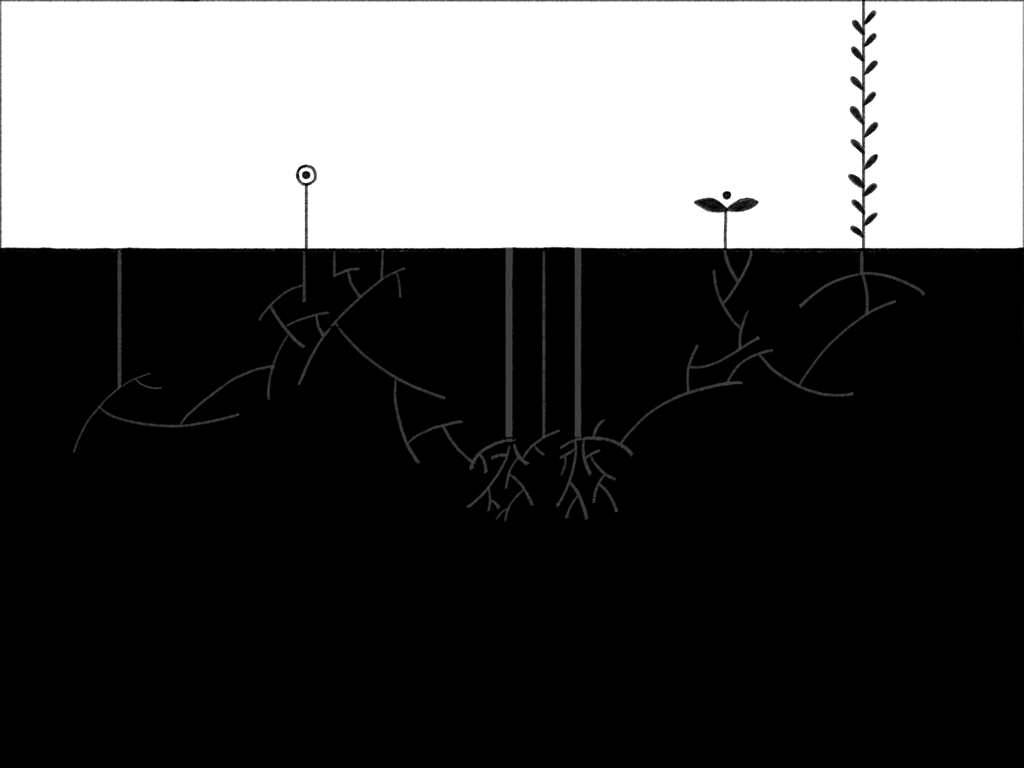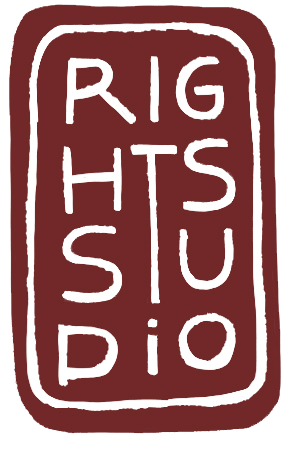By Jonas Burgheim

While slogans can easily be hijacked for the broadening economic game, playing and experiencing sports and games carries that inherent beauty for us all. It has long been considered that sports can move the masses. Many have understood this. Many have relied on it. Many have enjoyed it. And a few too many have abused it.
We may look back to one of the originators of an organised common exercise in Europe, often smilingly referred to as the ‘father of Gymnastics,’ or German ‘Turnvater,’ smug Friedrich Ludwig Jahn. He was a gymnast, indeed; but also a nationalist (with a rather destructive view of the world) who wanted to develop people’s physical ability in order to fight against Napoleon’s troops in early 19th century Prussia. Many statues and busts still standing today remind us of a time when European gymnastics was central to public life more than 200 years ago.
It was an unfortunate continuum that over a century later, it would again be Berlin that became centre stage for another form of enthusiastic abuse of sport, and celebration of its beauty, never seen before. When reviewing moving images taken by Leni Riefenstahl (e.g. her 1936 “Olympia – Festival of Nations”), Hitler’s very able extended camera arm, we recognise the level of perfection and perfidiousness that was at play. But how could such darkness have been created with that inherent beauty? Well, we all know that superficial beauty can be misleading after all. The reports and monuments of that time remind us just how misled the grand majority was. And we come to thankfully realise that some diversity could prevail even then.
Today we find ourselves in other, yet somewhat related environments: the vehicle being private profit; sport and play have become large drivers of an entire industry. The amateurish profanity and its sentimental touch, from today’s point of view, appear to be mere high contrast TV times from the past. Billions and billions are being generated by those moving the ball, their legs or arms. And we may find ourselves wondering if that gain is not also what they think of when they officially proclaim football as The Beautiful Game. But should there not be an equilibrium of body and mind in the true and really ancient tradition of Yin and Yang after all? Where is the space that can protect us from the ever-flowing wave of profit? Where has it gone?
We all carry that space, we are all able to create it in our movements, our body and soul. There is a freedom to move, a freedom of expression inherent in physical activity. Some may try to put their intentional boundaries to that, but that human force cannot be stopped. There are rights for every single one of us humans, and they also do apply when we are at play: we carry the freedom of expression, the right to non-discrimination, the right to leisure in the pursuit of happiness, and, yes, the right to play. We carry them in ourselves, in our bodies, in our souls, in our minds. And often in our dreams.
They are an open space that we can seize. They need to be filled with life. They can bring joy. But they can also create challenges. What they should never be, however, is obstructed. So how can a framework so nobly presented as the Olympic Charter attempt to do just that? A range of alliterations to the human rights words and tune cannot ignore the contradiction found in: “No kind of demonstration or political, religious or racial propaganda is permitted in any Olympic sites, venues or other areas.” (Rule 50.2) This can only be read as going counter to the freedom of opinion and expression.
In a world like ours today, where it’s not just words that are so often being abused, but where workers’ backs, in seemingly remote areas, regularly carry the heavy weight for those who profit, we certainly do need expression. We need an open mind and heart. We need human solidarity and movements for an overarching cause. Yes, we shall strive for the upholding and unfolding of those basic human rights enshrined.
Of course that may not always come as a simple and unchallenging task. There may also be voices that we do not like, which point to an unethical direction. There certainly still are numerous examples of strikingly uncritical reviews of times past. And yes, we may need to be persistent. But is that not also immanent to sports? The persistence of attaining a goal need not always be the path to the Olympus of personal glory. Rather, it can be applied beautifully in our pursuit of what has been inscribed in so many governing frameworks and moral compasses of the times that came after those mortal excesses of centuries past. So: let us dance, let us jump, let us swim, row and climb to overcome all those obstacles in our way and strive toward a world that can move freely.
Because the true beauty lies in the fact that we are being moved by mother earth, all together, all the time. This, there is no doubt, is the biggest ball game we will ever play.
Jonas Burgheim is a European and international lawyer (LL.B., LL.M.) with a focus on human rights and public policy. He specialises in human rights&sport as well as business&human rights. His professional experience includes work for and with governments, international organisations, business, civil society and sports organisations. He has held positions with the United Nations Office on Sport for Development and Peace (UNOSDP), including as Deputy Head of Office responsible for human rights policy and projects. He worked for the Secretary-General’s office of Volkswagen Foundation, Germany’s biggest private research funder. And he took the lead in the National Action Plan on Business and Human Rights implementation just like due diligence legislation preparation for the German development ministry (BMZ). He now is the Founder and Director of the Cares Project and founding President of the German NGO Zentrum für Menschenrechte und Sport e.V. (German Centre for Human Rights and Sport). His previous cultural-political writings include the www.unitedthoughtblog.org. In all of this he strives for the increasing realisation of human rights.
